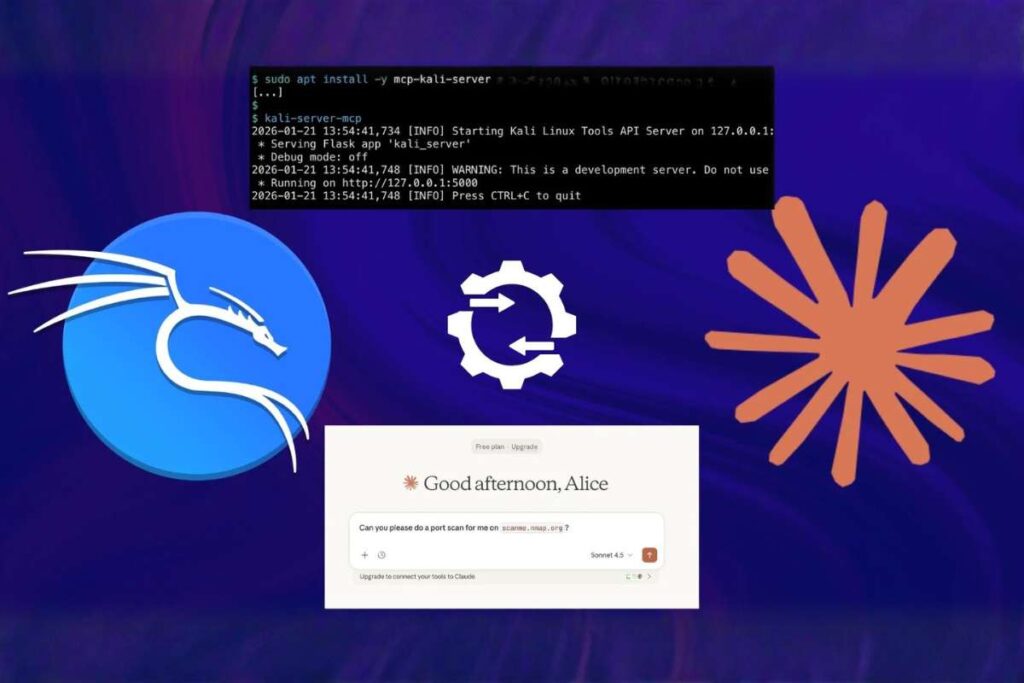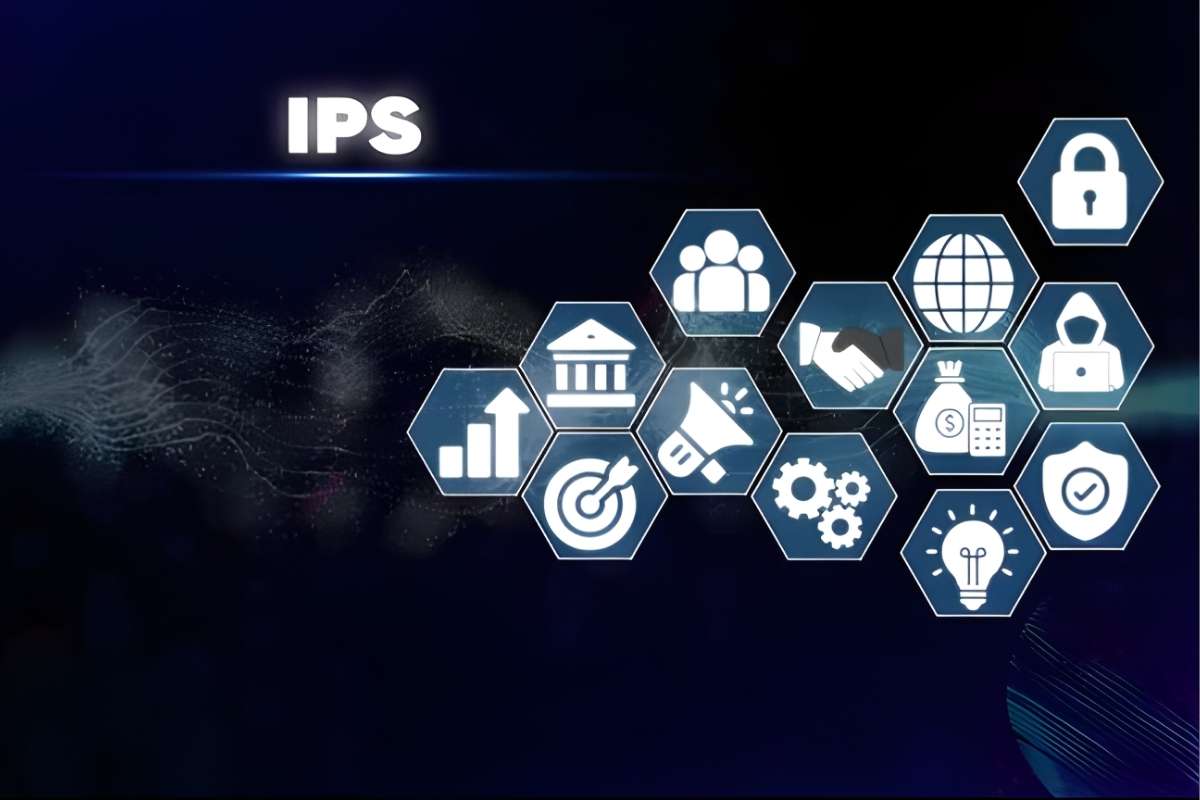Quantum computing is progressing rapidly, led by significant breakthroughs from major technology companies including Microsoft, Google, and Amazon Web Services (AWS). However, most organisations remain unprepared for the cybersecurity risks these advances bring. A recent study by ISACA, a global leader in cybersecurity and IT governance, reveals that just 4% of organisations have developed strategies to address the cyber threats posed by quantum technology.
New quantum hardware unveiled between late 2024 and early 2025—such as Microsoft’s Majorana 1 chip, Google’s Willow chip, and AWS’s Ocelot chip—signals that quantum computing may soon become part of mainstream business operations. Despite this, a large majority of European IT leaders surveyed by ISACA expressed concern. Sixty-seven percent believe quantum computing will either introduce new cyber risks or intensify existing ones over the next decade.
ISACA’s Chief Global Strategy Officer, Chris Dimitriadis, emphasised that the implications extend beyond hardware. He warned that quantum computing could break current cryptographic systems, making standard digital protections obsolete. “Quantum computing has the potential to render the cryptographic protocols we rely on ineffective,” Dimitriadis explained, highlighting the need for immediate action.
Quantum Knowledge and Strategy Critically Lacking
Despite growing awareness of quantum’s potential to disrupt cybersecurity, readiness remains alarmingly low across industries. ISACA found that only 5% of IT professionals possess strong knowledge of post-quantum cryptography standards, despite over a decade of development by the U.S. National Institute of Standards and Technology (NIST).
This knowledge gap extends to strategic planning. More than half of organisations surveyed—52%—have yet to incorporate quantum computing into their cybersecurity roadmaps. Additionally, 40% have not even considered implementing post-quantum cryptography solutions. Even among cybersecurity professionals, understanding of quantum capabilities is weak, with just 2% strongly agreeing they fully grasp the technology’s impact.
Many organisations also underestimate the speed of quantum adoption. Only 35% of respondents believe quantum computing will become mainstream within a few years, despite accelerated hardware progress suggesting a shorter timeline. This mismatch between perceived and actual technological advancement increases the risk of unpreparedness as quantum becomes more commercially viable.
Urgent Call for Quantum-Ready Workforce and Infrastructure
Recognising the looming challenge, the UK Government has pledged over £60 million to develop quantum skills through 2034. However, ISACA warns that this effort must be matched within the private sector. Without parallel investments in workforce development and cybersecurity infrastructure, organisations face the risk of critical digital systems being compromised by quantum-enabled attacks.
Chris Dimitriadis stressed the urgent need for a dual focus on quantum and AI readiness. “We need to build a holistically trained workforce and establish a transition plan for a post-quantum world,” he said. Failing to act, he warned, could threaten not just individual businesses but the stability of the global digital economy.
As quantum computing shifts from theoretical to tangible reality, the onus is now on organisations to evolve. Preparing cybersecurity strategies, upskilling talent, and embracing post-quantum technologies are essential to navigating the coming era safely and effectively.
Also Read :- Quantum-Ready Cybersecurity and Telecom Innovations






